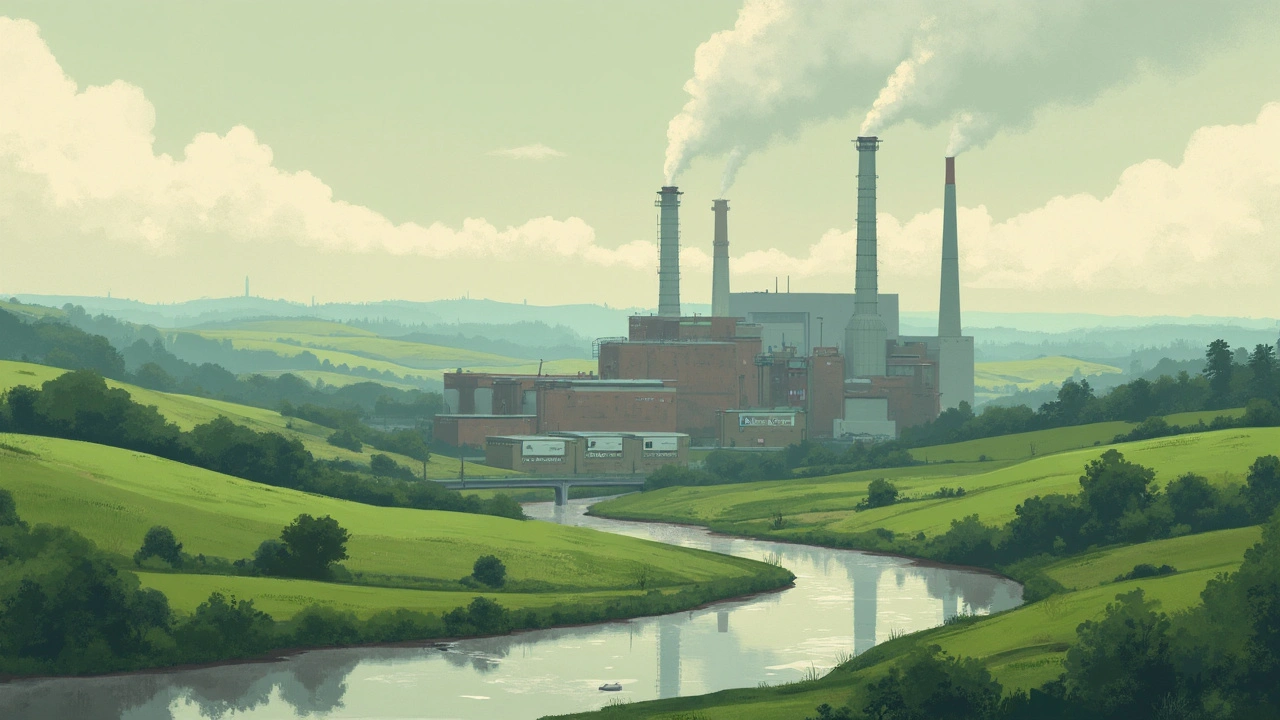Green Chemistry: A Practical Guide for Safer, Eco‑Friendly Health Choices
Ever wondered why some meds claim to be "green" or why certain supplements brag about low‑impact production? That's green chemistry in action. It’s all about designing drugs and processes that cut waste, use safer chemicals, and lower the carbon footprint without sacrificing effectiveness.
What is Green Chemistry?
At its core, green chemistry follows a set of simple rules: use fewer hazardous substances, recycle whenever possible, and create products that break down harmlessly after use. Think of it like cooking with fresh, local ingredients instead of canned, artificial stuff. In the pharma world, this means choosing manufacturing routes that need less energy, avoiding toxic solvents, and designing pills that degrade naturally when they end up in the environment.
How Green Chemistry Impacts Your Meds
When a drug is made with green principles, two things happen. First, the production line releases fewer pollutants, which helps protect the air you breathe and the water you drink. Second, the final product often has fewer unwanted side‑effects because it contains fewer impurity residues. For example, many herbal supplements now use water‑based extracts instead of harsh chemicals, making them safer for both you and the planet.
On Norxlist.com you’ll find guides on popular supplements—like lousewort or canaigre—and we note whether they’re sourced responsibly. Knowing that a product follows green chemistry gives you confidence that you’re not adding hidden chemicals to your body or the environment.
So, what can you do as a consumer? Start by checking labels for terms like "solvent‑free," "bio‑based," or "certified sustainable." Look for third‑party certifications that back up these claims. When buying online, pick pharmacies that disclose their sourcing practices. If a site doesn’t mention green manufacturing, ask the customer service team—real sellers should be happy to explain.
Another easy win is to support products that offer refillable packaging or bulk options. Less plastic waste means fewer pollutants making their way to landfills and oceans. Even small choices add up: choosing a supplement that’s grown without synthetic pesticides reduces chemical runoff, protecting both your health and local ecosystems.
Bottom line: green chemistry isn’t a marketing buzzword; it’s a practical approach that makes medicines safer for you and kinder to the planet. Keep an eye on our tag page for the latest articles that highlight green-friendly drugs, safe‑buying tips, and real‑world examples of eco‑conscious pharmacy practices. Your next health decision can be good for you and good for the Earth—no compromise needed.

